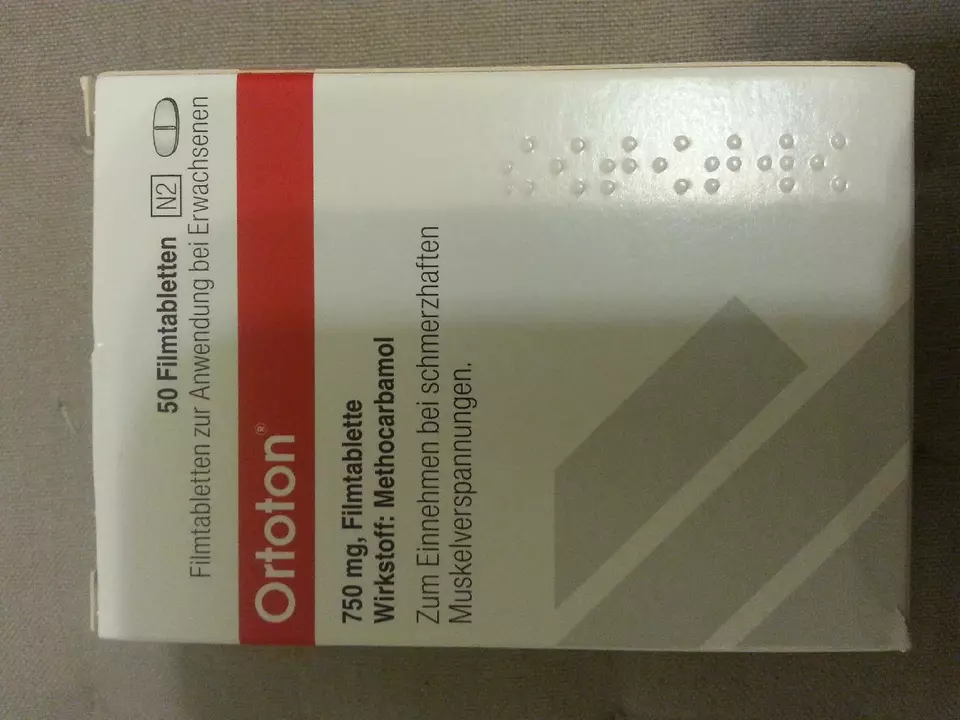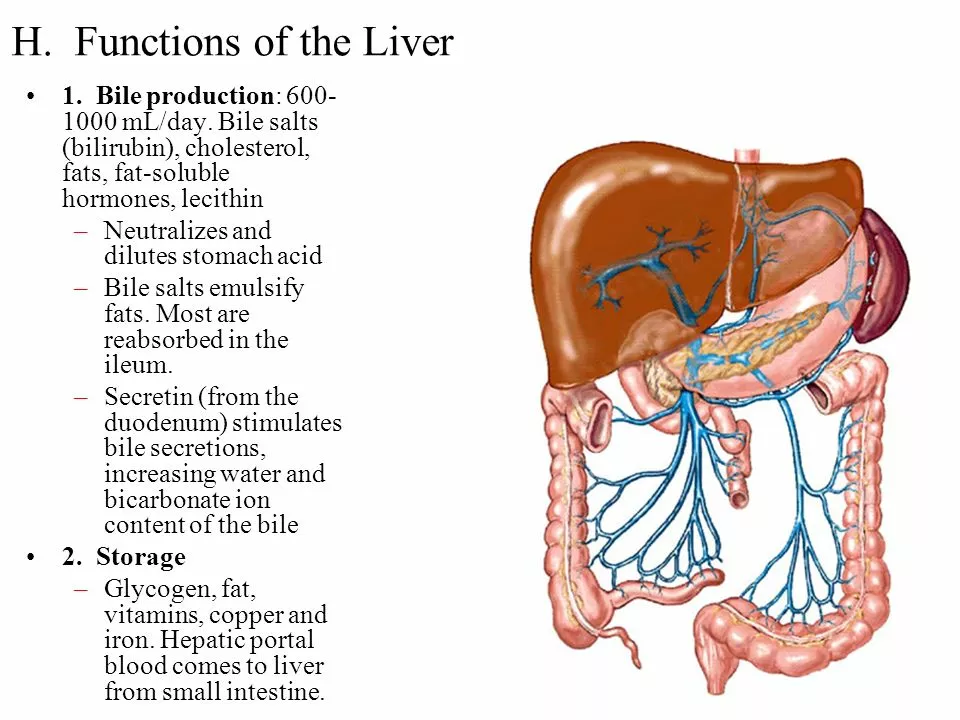Taking a new drug or supplement should feel like a small, controlled step — not a gamble. This page pulls together practical precautions you can use today: how to buy safely, what to watch for, and quick actions if something goes wrong. No jargon, just straight advice you can use.
If you order medicines online, pick pharmacies that require a prescription for prescription-only drugs. Check for clear contact details and a UK or national registration if you live there. Be wary of sites that sell controlled drugs without asking for a prescription — that’s a red flag.
Use known pharmacy chains or verified online reviews. Before you buy, compare the active ingredient, dose, and packaging with trusted sources. Fake or wrong-strength pills can cause harm fast. If a price looks too good to be true, it might be fake or expired stock.
For veterinary drugs, talk to your vet before ordering. Animal doses and formulations differ from human ones, and veterinary guidance keeps pets safe.
Read the leaflet. Sounds basic, but the patient leaflet lists common side effects, major warnings (like allergy and pregnancy safety), and drug interactions. If you’re switching from a brand-name drug to a generic, check they share the same active ingredient.
Allergies can show up as rash, itching, swelling of face or throat, or breathing trouble. For some drugs — like penicillin or irbesartan — rare but serious reactions exist. If you see swelling or breathing problems, call emergency services right away.
Drug interactions are common. Tell your doctor or pharmacist about all medications and supplements you take — prescription, over-the-counter, herbal, and vitamins. Even common supplements can change how a drug works or raise side effect risk.
Special groups need extra caution: older adults, pregnant or breastfeeding people, people with liver or kidney issues, and those on multiple medicines. These groups often need dose changes or different drug choices.
Keep a simple record: drug name, dose, start date, and any new symptoms. That helps your clinician spot patterns fast.
Storage and disposal matter. Store meds as the label says — some need refrigeration, others should stay dry. Safely dispose of unused or expired meds through pharmacy take-back programs instead of household trash or flushing.
Before travel, pack copies of prescriptions and a list of active ingredients. Some countries restrict certain drugs, so check rules before you leave.
If you notice worrying side effects, stop the drug only if instructed or if you have severe signs like breathing problems or sudden severe pain. For milder issues, contact your prescriber or pharmacist for next steps.
Questions to ask: Why this drug? What should I watch for? Any interactions with my other meds or supplements? Is a cheaper generic OK? Asking these makes your treatment safer and simpler.
Use common sense, keep a clear record, and ask questions. Small precautions reduce risk and help you get the benefit without surprises.

As a blogger, I recently looked into Methocarbamol and its usage in the elderly population. Methocarbamol is a muscle relaxant commonly used to treat muscle spasms and pain. However, for our elderly loved ones, we need to take some precautions as they can be more sensitive to the side effects. It's important to consult with a healthcare professional to determine the appropriate dosage and ensure no interactions with other medications. Always monitor their response to the medication and report any unusual side effects to their doctor.

As a blogger, I recently came across an important topic regarding Topiramate and its effects on liver function. Topiramate is a medication commonly used to treat epilepsy and migraines, and it's crucial for patients to understand its impact on the liver. Research has indicated that Topiramate can cause mild to moderate elevations in liver enzymes, which might indicate liver damage. However, most cases are reversible, and severe liver injury is considered rare. It's essential for patients taking Topiramate to monitor their liver function regularly and consult their healthcare provider if any concerns arise.

As a blogger, I feel it's important to discuss the topic of Flavoxate and pregnancy. Many women may have concerns about taking this medication during pregnancy, and it's essential to know the possible risks and benefits. From my research, I've learned that Flavoxate is generally considered safe for pregnant women, but it's always best to consult with a healthcare professional before use. Additionally, potential side effects should be monitored closely, and any concerns should be immediately discussed with a doctor. Overall, being aware and informed is crucial when it comes to medications and pregnancy.
